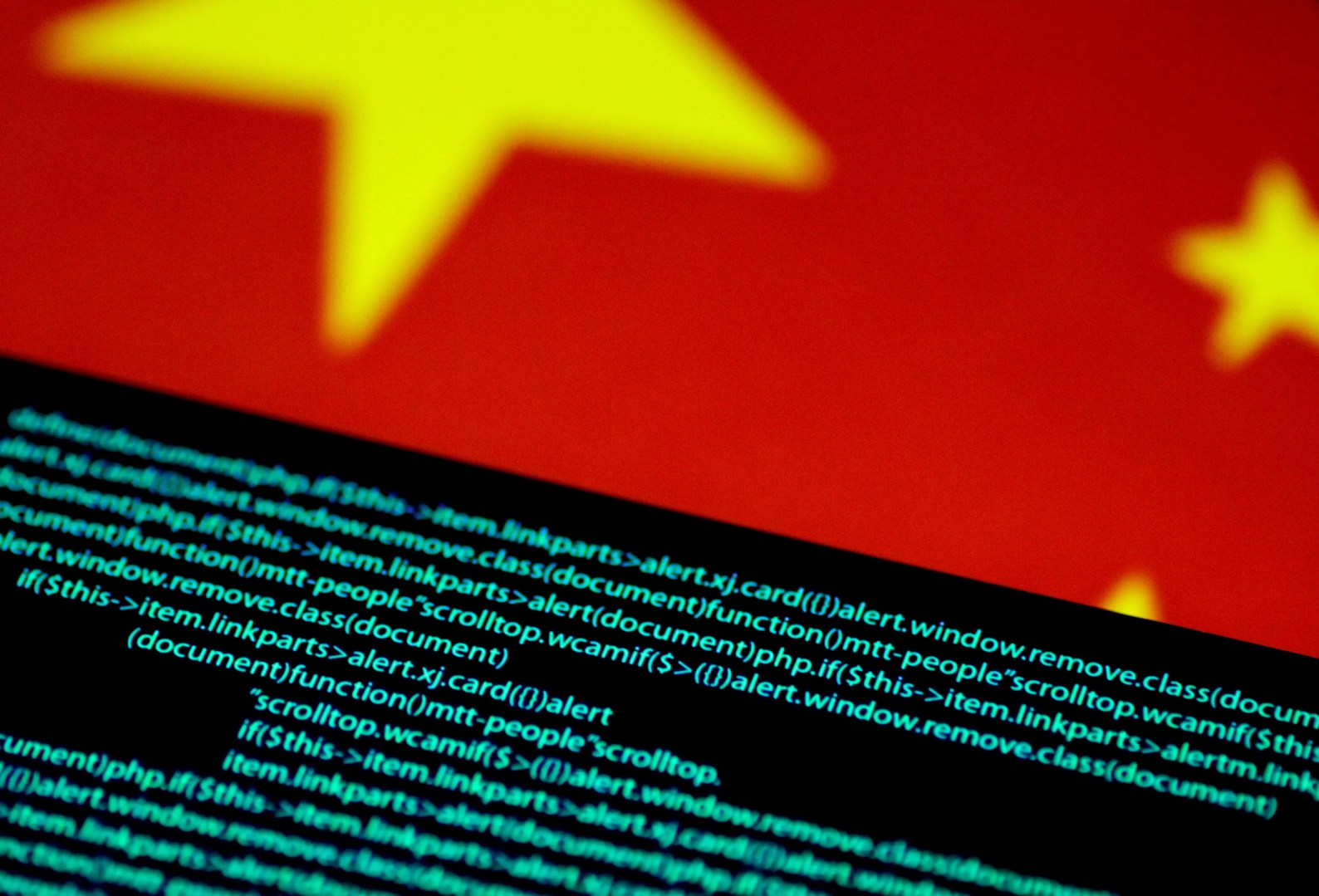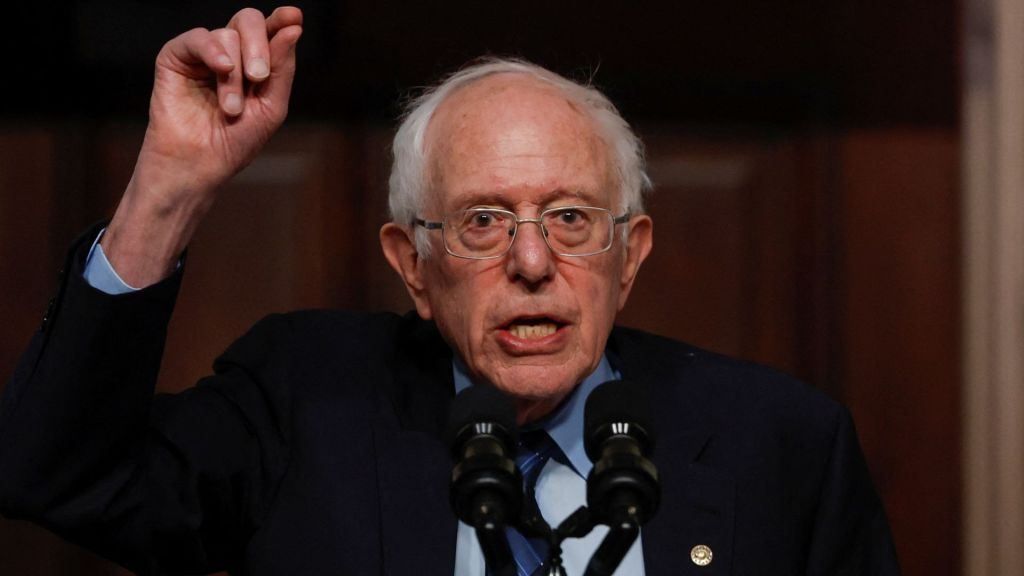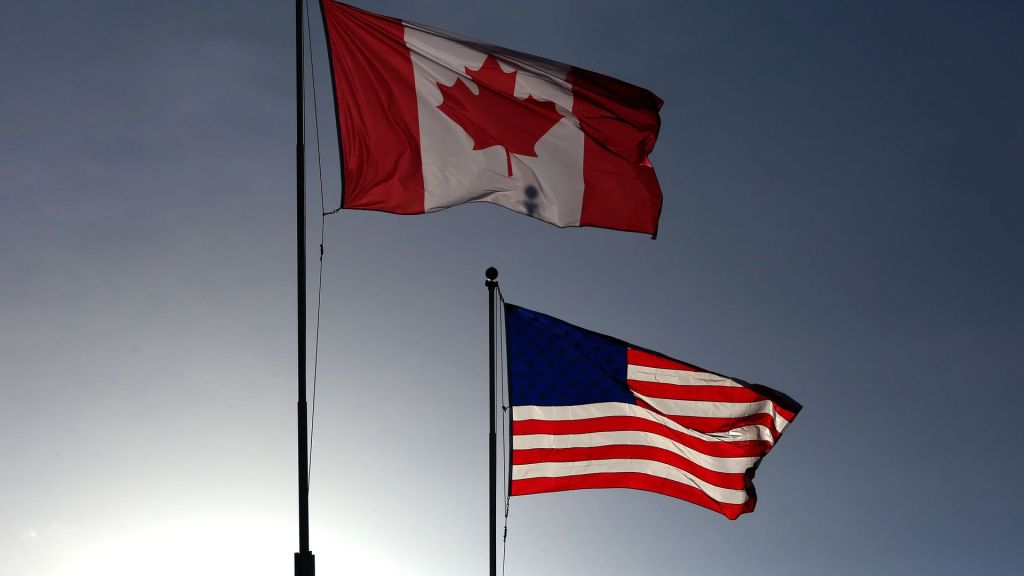
Jen Psaki, White House press secretary: “First, let me say that today an unprecedented group of allies and partners, including the European Union, the United Kingdom, Australia, Canada, New Zealand, Japan and NATO, are joining the United States in exposing and criticizing the PRC’s (People’s Republic of China’s) Ministry of State Security as malicious cyber activities. And this is the first time NATO has condemned PRC cyber activities. So I would note that we are actually elevating and taking steps to not only speak out publicly, but certainly take action as it relates to problematic cyber activities from China in a different way. But as we have from Russia as well, we are not differentiating. One is, you know, out of the realm of condemnation or out of the realm of consequence from the United States.”
Reporter asking question: “Basically, the US economy depends a lot on Chinese imports. We only get six billion dollars worth of goods from Russia if we were to come with major sanctions on China. Is there a risk that we can be hurting our own economy?”
Jen Psaki, White House press secretary: “Well, I would say first that we take cyber actions against our country and against private sector entities quite seriously. The Department of Justice is imposing costs today as they announce criminal charges against four MSS (Ministry of State Security) hackers. These charges address activities concerning a multi-year campaign targeting foreign governments and entities in key sectors. We also have, of course, through the National Security Agency, Cybersecurity and Infrastructure Security Agency and Federal Bureau of Investigation exposed over 50 tactics, techniques and procedures Chinese state sponsored cyber actors used when targeting U.S. and allied networks. My point is we are not holding back. We are not allowing any economic circumstance or consideration to prevent us from taking actions where warrant and also we reserve the option to take additional actions where warrant as well. This is not the conclusion of our efforts as it relates to cyber activities with China or Russia.”
Reporter asking question: “So if the United States were to take action against China, would it do so alone or does the administration feel like you need allies on board to take that step?”
Jen Psaki, White House press secretary: “Well, it’s a good question, Rachel. I think as we’ve approached our China strategy from the beginning and our policy as it relates to China, we’ve always felt that going working together, working in partnership with allies around the world and also with in partnership with members of the federal government, members of Congress from both sides of the aisle was how we approached it from a position of strength. So, what’s significant today is that while we’re calling out these malicious cyber activities, so are a number of our key partners around the world.”










